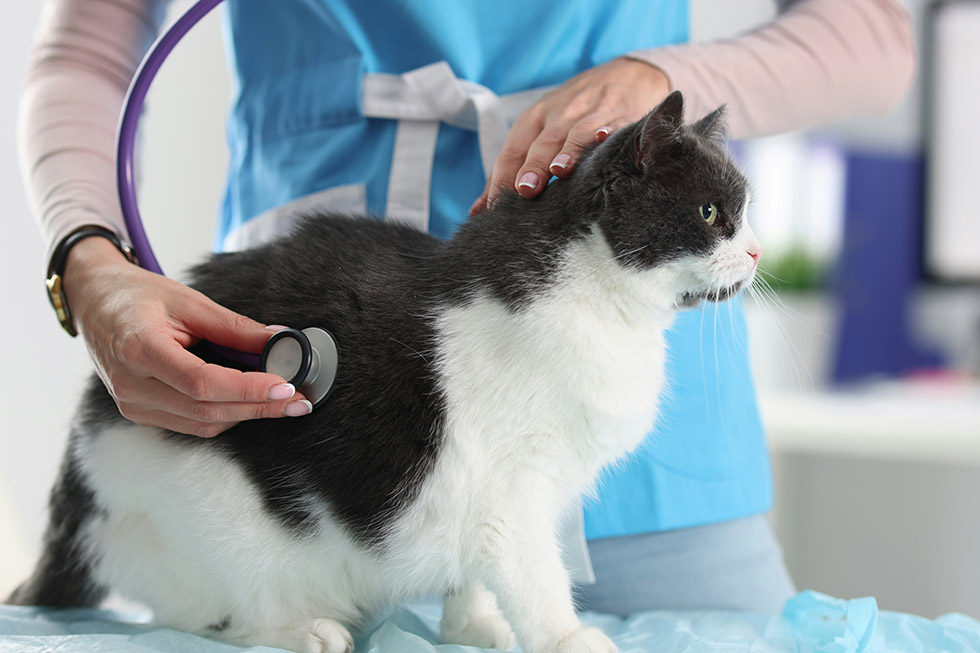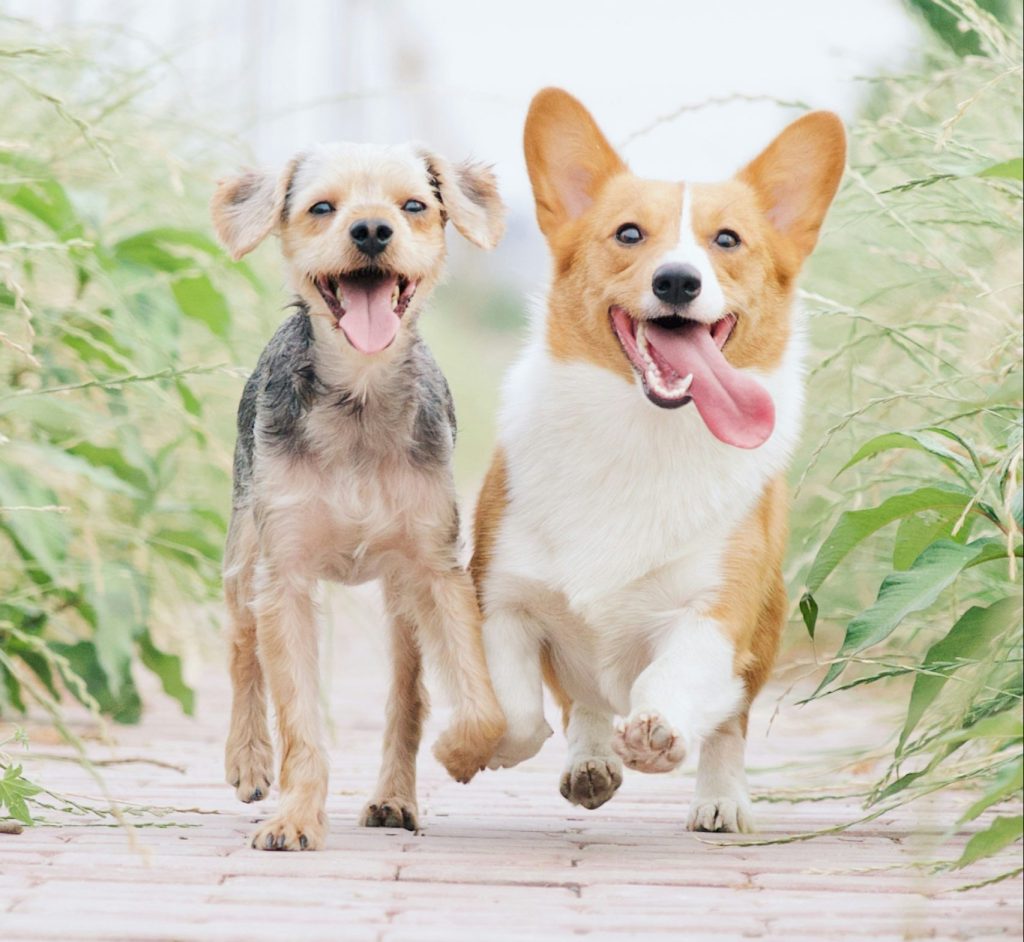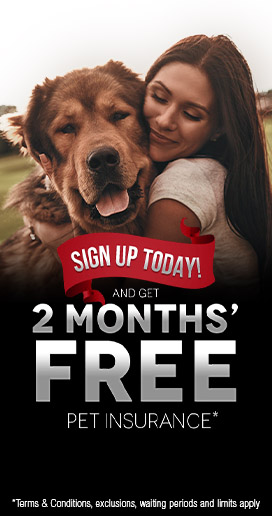
World Pet Obesity Week: 7th – 13th October
Pet Obesity on the Rise – A Growing Concern for Australian Pet Parents
[October 2024 – Sydney, Australia] Pet Insurance Australia highlights an urgent concern facing pet owners nationwide: the increasing pet obesity rate. With World Pet Obesity Week quickly approaching, 7th-13th October 2024, now is the time to shed a spotlight on our pets’ bulging problems.
“According to the latest 2024 PetSure Pet Health Monitor, obesity remains a prevalent issue for pets, with serious health implications,” Nadia Crighton from Pet Insurance Australia says. “The report reveals that more than half of all pets in Australia are overweight or obese, a condition that can significantly reduce their quality of life and lifespan.”
The Social Media Influence: Fat Cats Are No Laughing Matter
Social media platforms have contributed to a rising trend in portraying overweight pets, particularly cats, as humorous or cute. While these “fat cat” posts may garner likes and shares, they obscure the real dangers associated with pet obesity.
“Sadly, this phenomenon normalises unhealthy weight, making it harder for pet owners to recognise when their pets are at risk,” Crighton says. “An overweight pet is a sick pet, and owners need to understand the future repercussions of allowing their beloved furry family members to remain overweight.”
The Dangers of Obesity in Pets
Obesity is far from just a cosmetic issue for pets.
“Overweight pets face an increased risk of numerous health issues, including diabetes, arthritis, cardiovascular disease, and certain cancers.”
For example, arthritis treatment can cost up to $12,387 annually, while cancer treatments can range as high as $37,133*.
“These conditions shorten a pet’s lifespan and lead to significant physical discomfort and emotional distress for both pets and owners.”
How to Tell if Your Pet is Overweight
One key challenge for pet owners is recognising when their pets are overweight. Veterinarians suggest using the Body Condition Score (BCS), a visual and tactile assessment that ranks a pet’s body composition on a scale of 1 to 9.
“Ideally, a pet should have a BCS of 4 or 5. You should be able to feel your pet’s ribs without excess fat, and when viewed from above, your pet should have a noticeable waist,” Crighton says. “Your veterinarian will be able to tell you if your pet falls in these ranges and what steps you can take if your pet is exhibiting any signs of obesity.”

Preventing Pet Obesity: Simple Steps
Prevention is the best strategy when it comes to pet obesity.
- Balanced Diet: Ensure your pet receives a nutritionally balanced diet appropriate for their size, breed, and activity level. Avoid overfeeding or giving too many treats.
- Exercise: Regular exercise is crucial for maintaining a healthy weight. Whether it’s daily walks for dogs or playtime for cats, keeping your pet active helps burn calories and improve overall health.
- Portion Control: Measure your pet’s food and follow the feeding guidelines provided by your vet. Avoid feeding human food, which often contains excess calories and unhealthy ingredients.
When Do I Need To See a Vet?
If you suspect your pet is overweight or obese, it’s crucial to seek veterinary advice. They will happily help you beat your pets bulge with some great unjudgmental advice to ensure the health of your pet.
“A vet can provide a tailored diet and exercise plan to help your pet return to a healthy weight,” Crighton says. “Early intervention can prevent the development of serious conditions such as diabetes or arthritis, ultimately saving on treatment costs and improving your pet’s quality of life.”
The Importance of Routine Monitoring
Regular vet check-ups are essential for monitoring your pet’s weight and overall health.
“Delaying visits due to cost or time constraints can intensify underlying health problems,” Crighton suggests. “Early detection of weight-related issues can lead to better outcomes and reduce long-term veterinary expenses. With the current cost of living affecting many Australian pet lovers, getting on top of issues like obesity can be a game changer for your pet’s health and your veterinary expenses, particularly as your pet ages.”
Nadia Crighton is a renowned and accomplished professional in the fields of Journalism, Public Relations, and Writing, with an extensive career spanning over 25 years, 20 of which have been dedicated to promoting the health and well-being of pets.
Get the latest Pet Insider Tips & News
We offer award-winning* pet insurance policies to protect your furry friend’s health and wellbeing. Get a quote today and give your pets the care they deserve.
Archives
Categories
- Cat Care (64)
- Cats (1)
- Dog Care (124)
- Guides (28)
- Health and Nutrition (200)
- Lifestyle and Activities (218)
- Media Release (23)
- Pet Care (246)
- Rescue Dogs (1)


